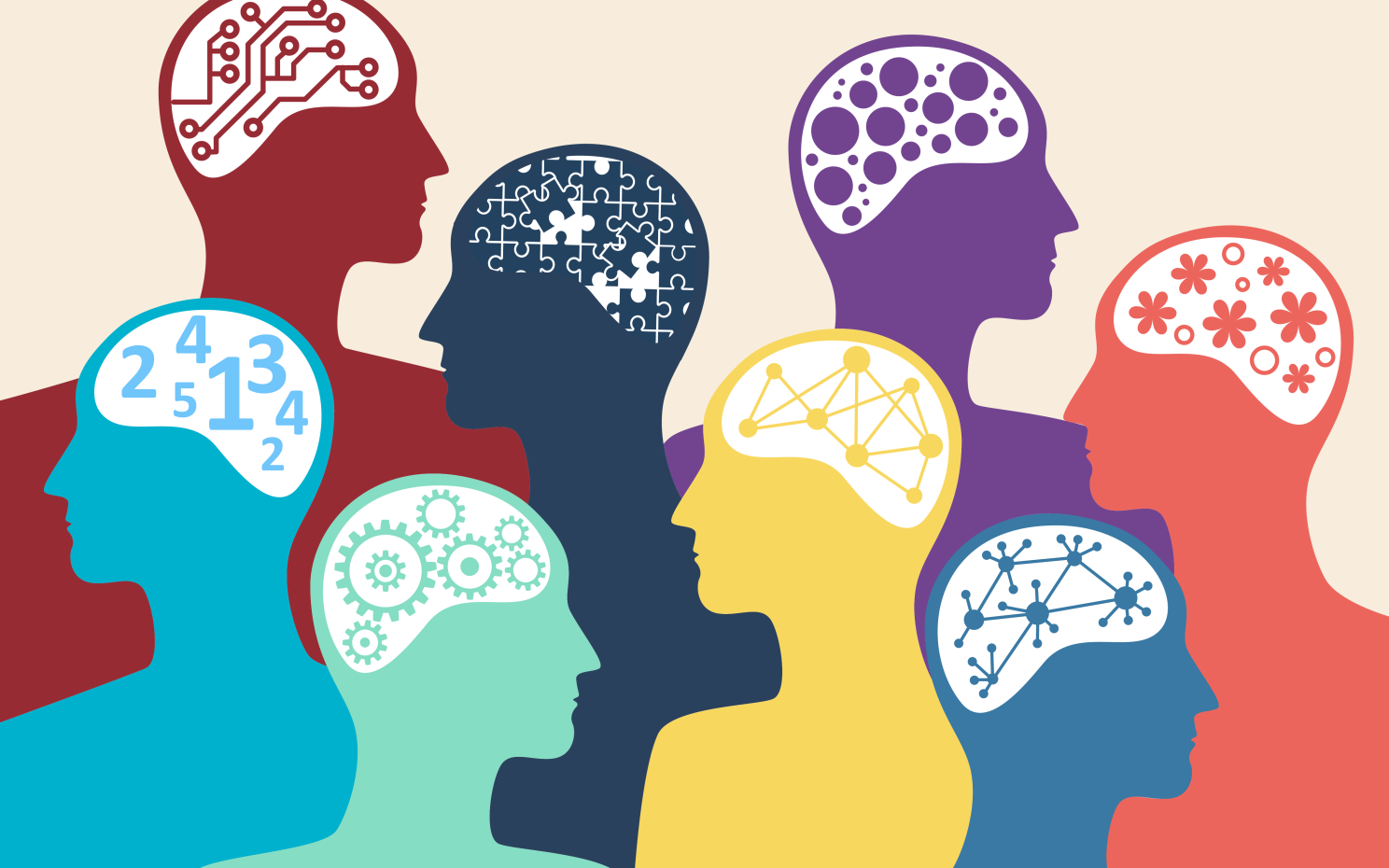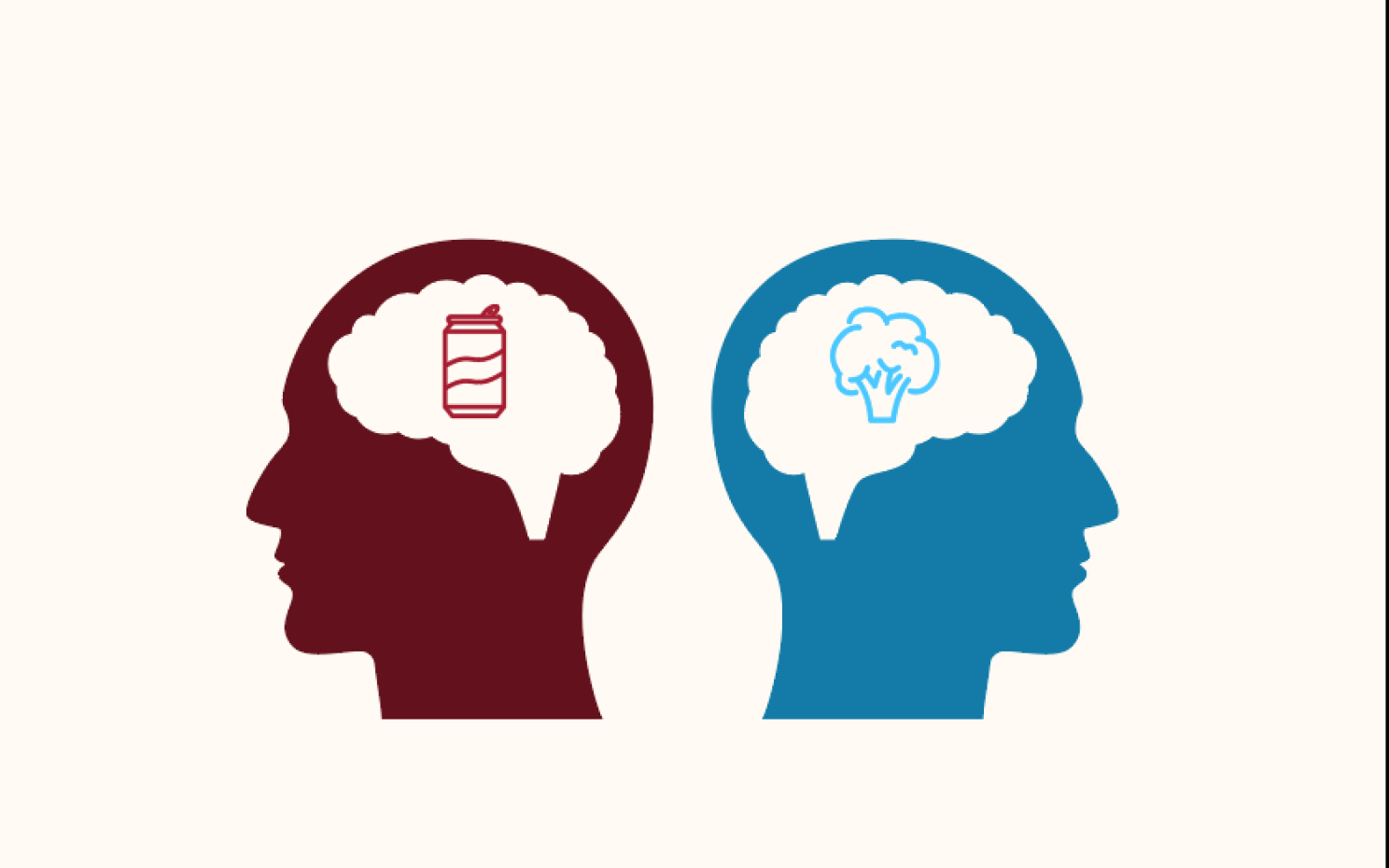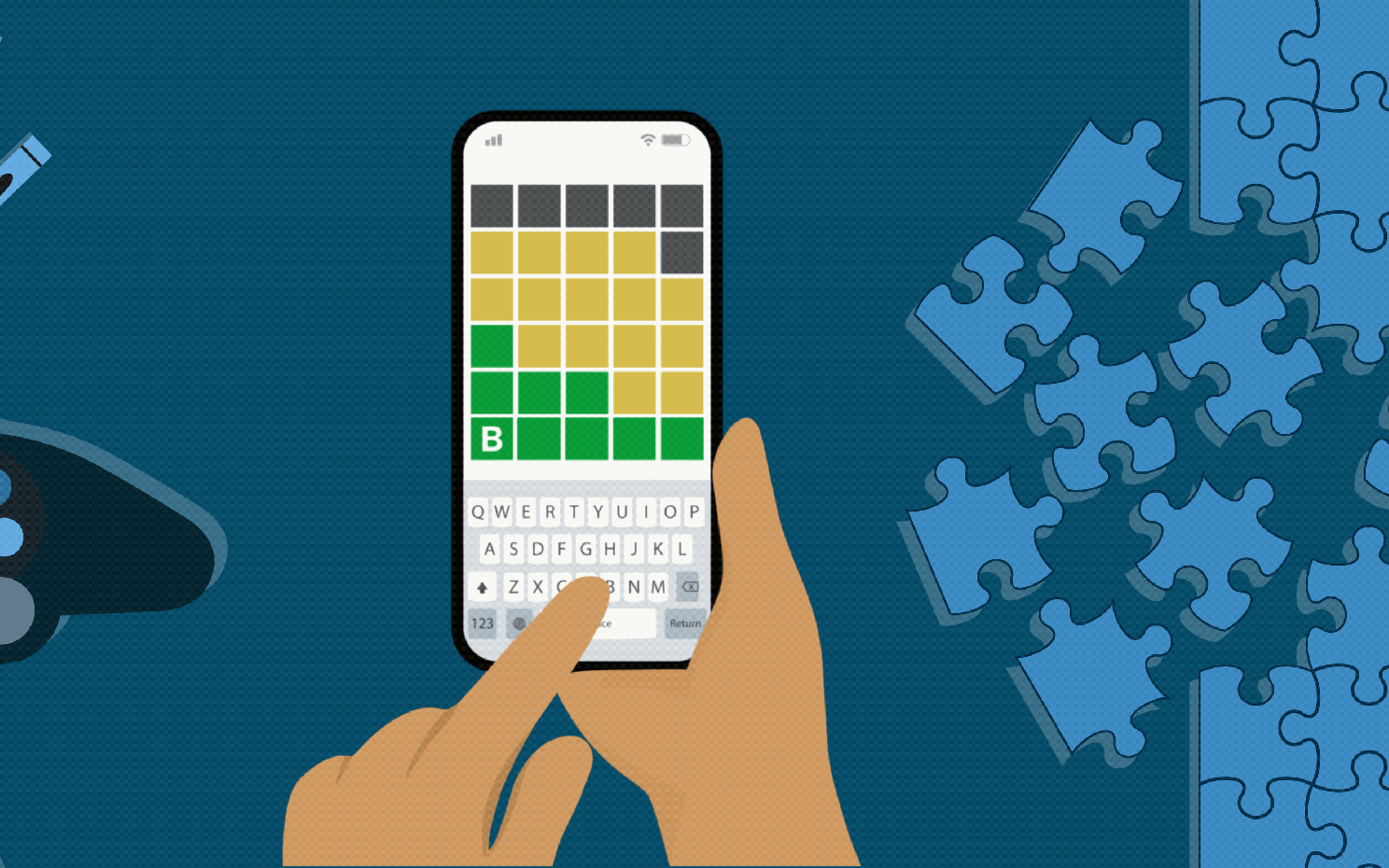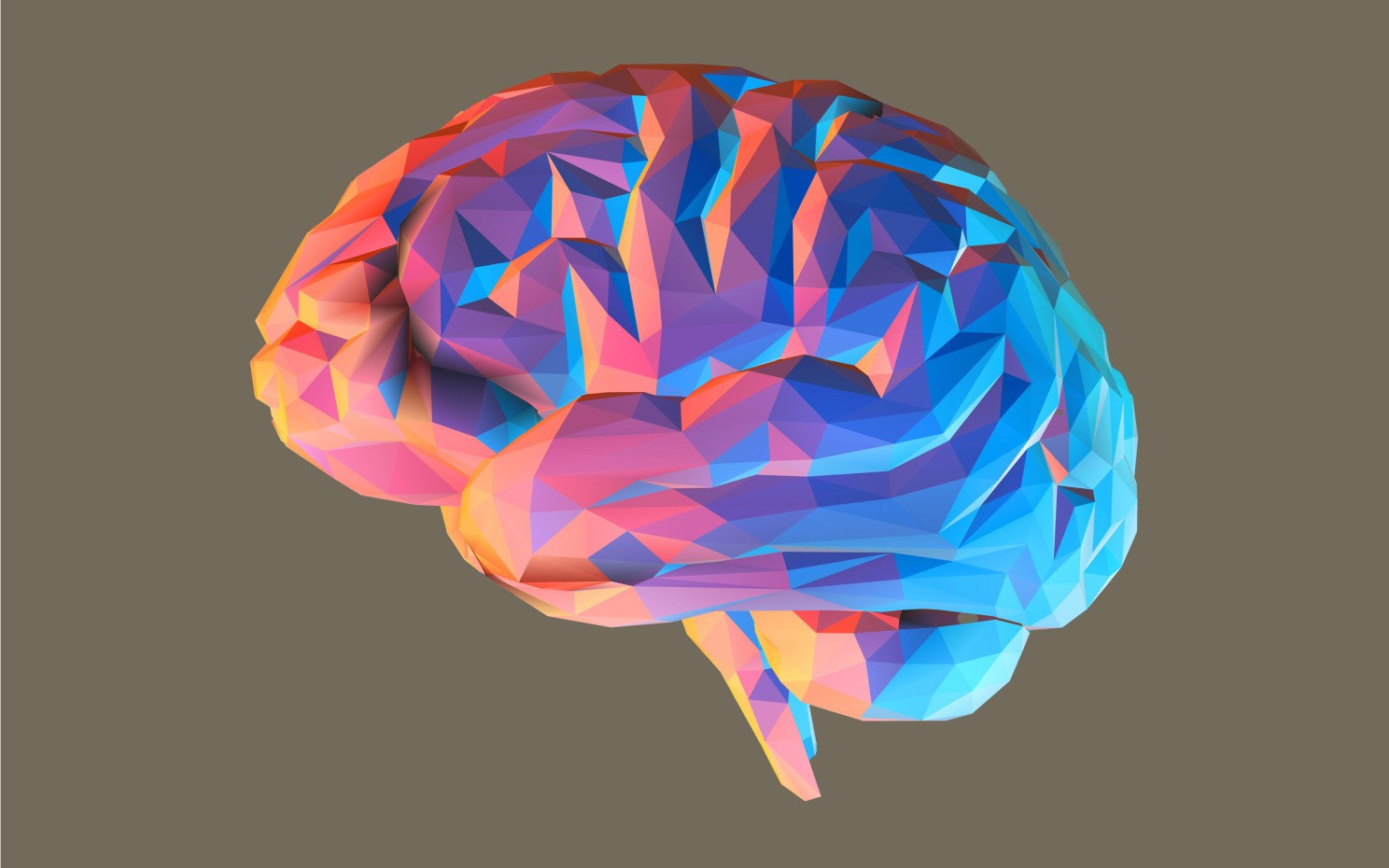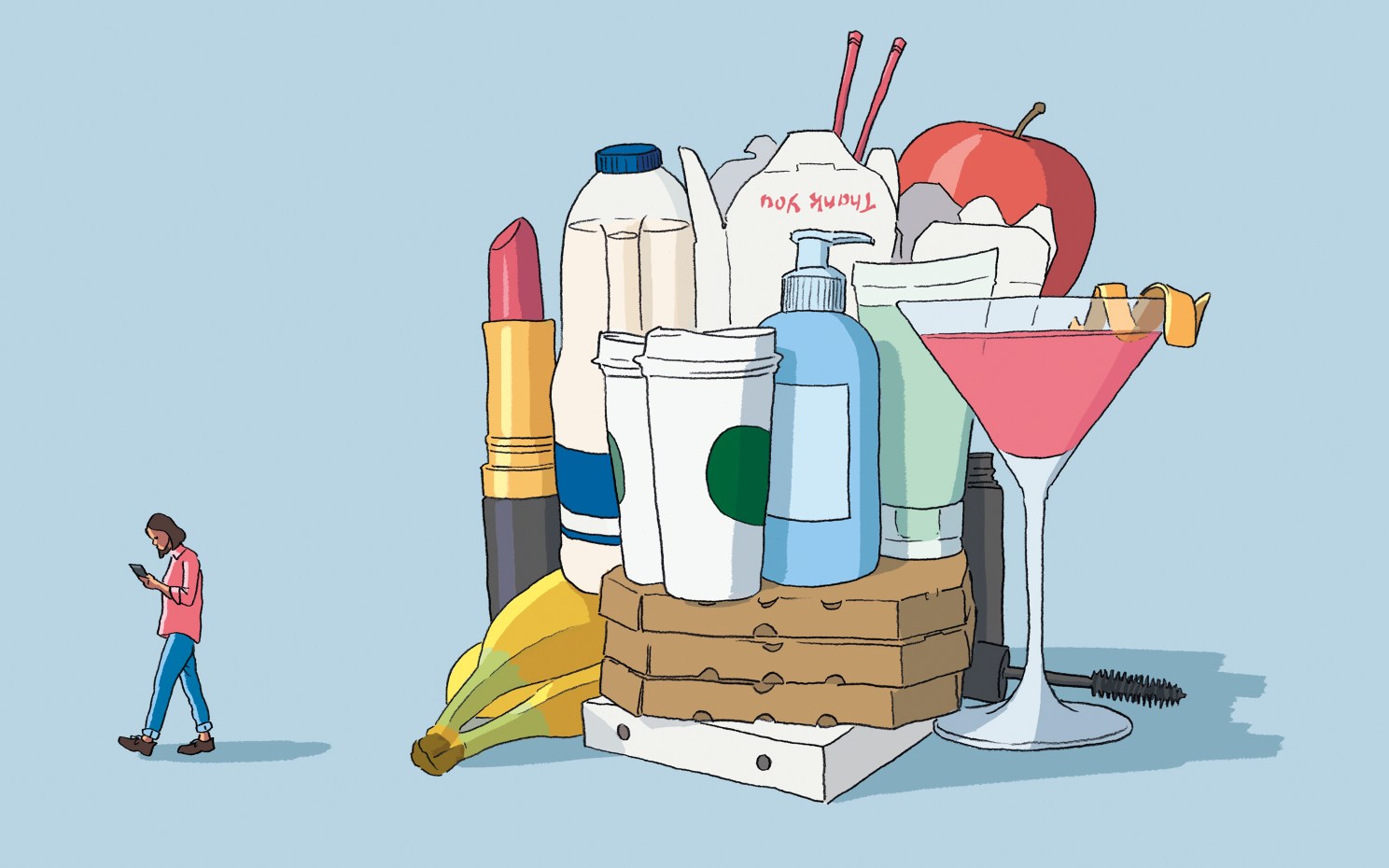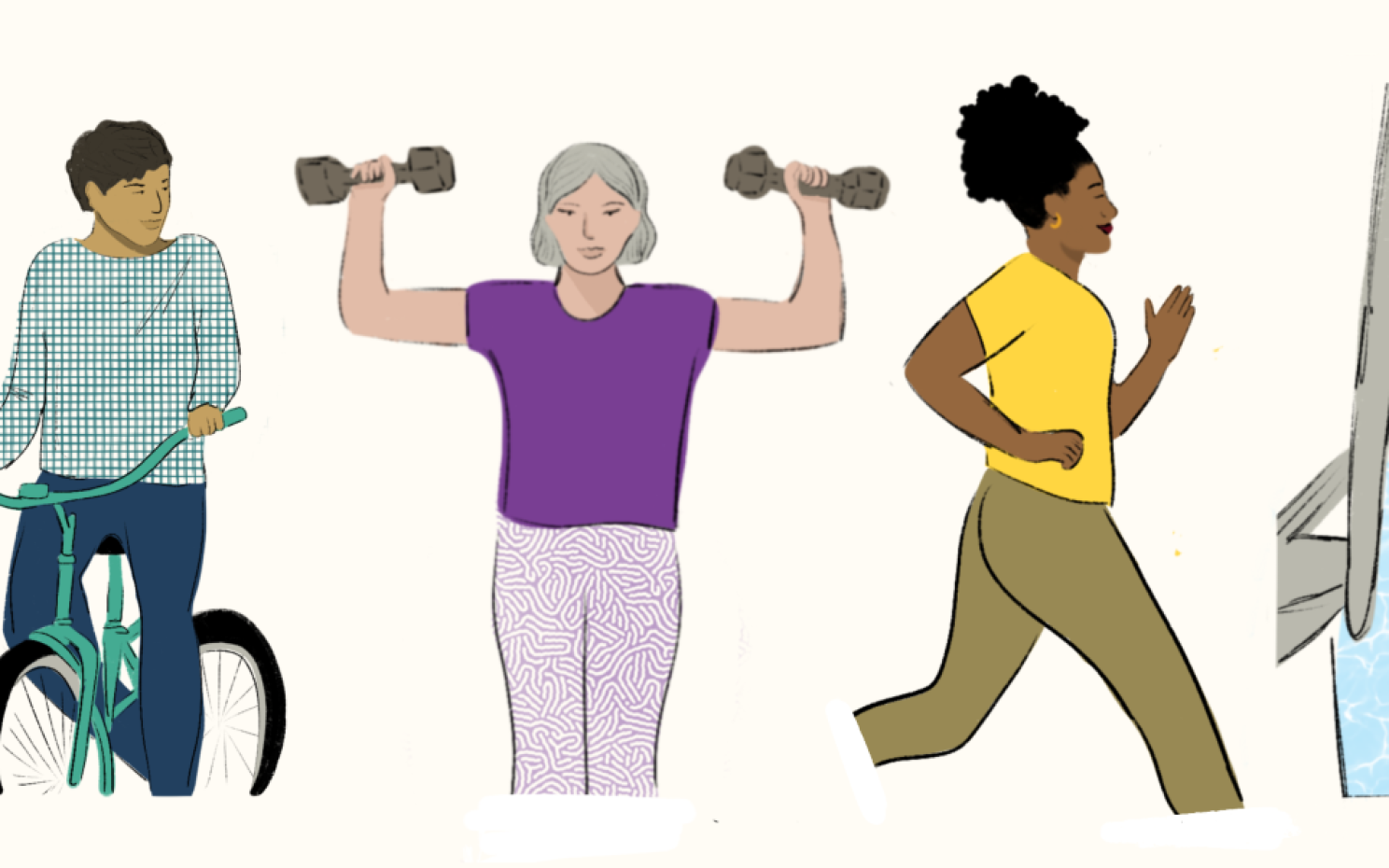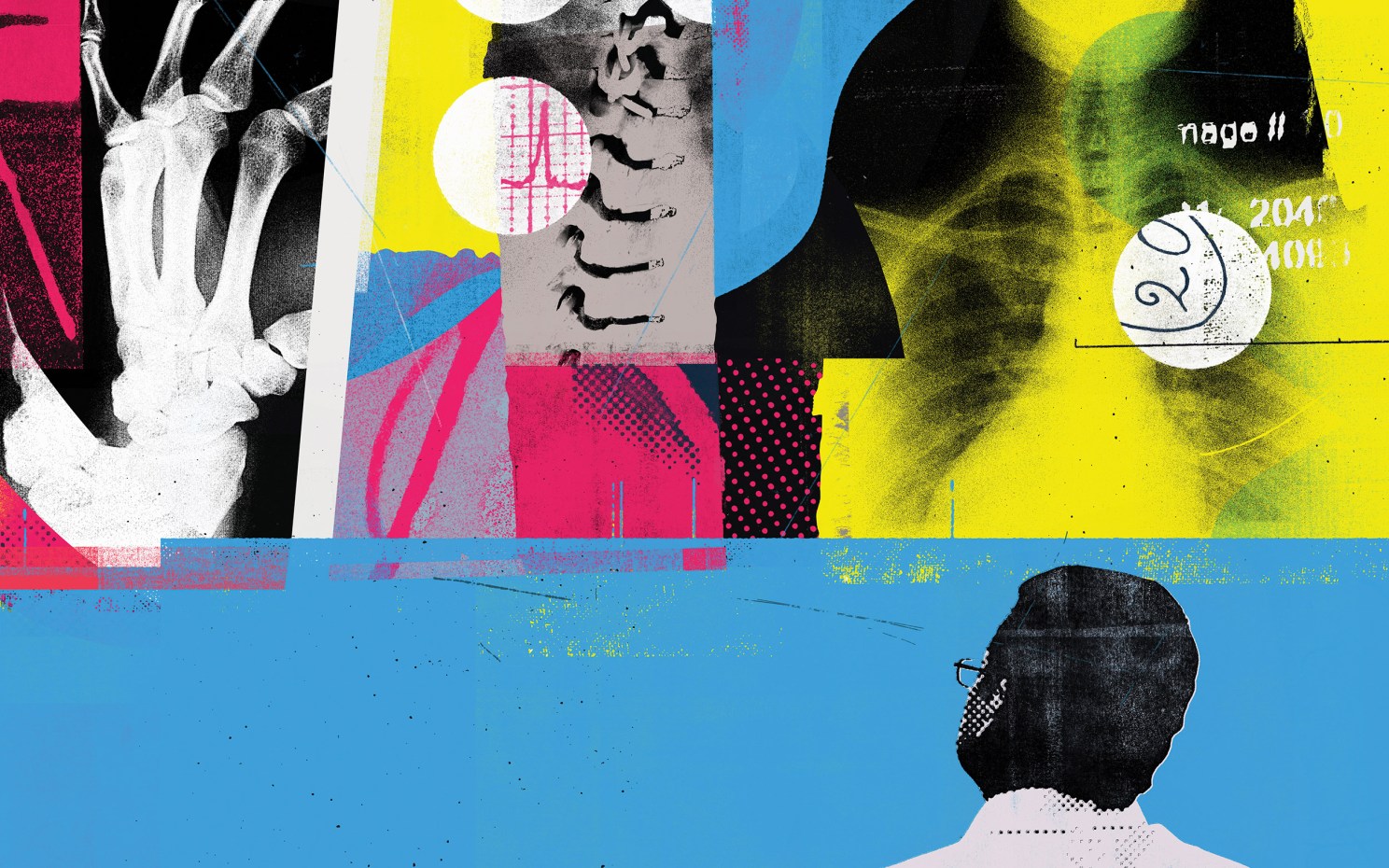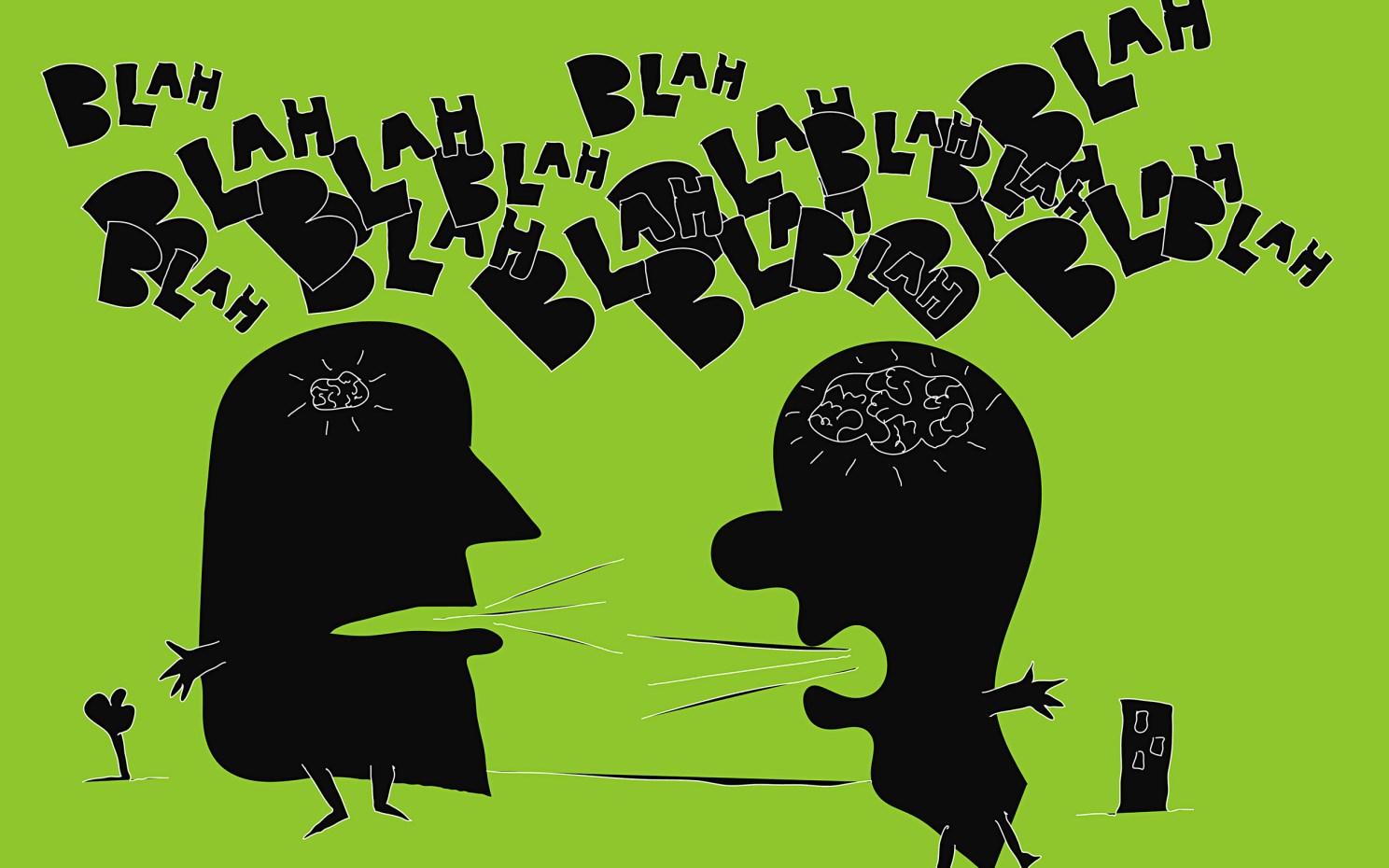A series of random questions answered by Harvard experts.
Teachers can have a lasting effect on our success later in life. We asked Heather Hill, the Hazen-Nicoli Professor in Teacher Learning and Practice at Harvard’s Graduate School of Education, what skills a good teacher possesses.
Most scholars would say that a good teacher does three key things: They establish strong, caring teacher-student relationships; challenge students to think, reason, and communicate their ideas; and convey subject matter accurately and clearly.
Good teachers have strong knowledge of their students as individuals — how they think and think about themselves as learners — as well as of their students’ culture and community.
They not only understand the subject matter they teach; they understand it in ways that are particular to their work in a classroom. For instance, they know how to coordinate different definitions of fractions (as a part of a single whole object, as part of a set of objects, and as a point on number line) in ways that help their learners develop a robust understanding of the topic. In the fraction lesson, good teachers know to use Piaget’s theory of cognitive development — that the world becomes gradually more complex as students progress — and what mistakes students will make when solving one-half plus one-quarter.
It’s impossible (believe me, I’ve tried) to identify objectively “good decisions” in classrooms unless you have knowledge of almost everything about the content taught, the students, and the teacher.
Good teachers can solidly explain content to learners, lead whole-class discussions, and set up and manage small-group work. But perhaps one of the most important, but hardest to define, skills is teachers’ decision-making capability.
Knowing what to do or say next during the flow of instruction is never easy, partly because there’s no “one best way” to engage students, present content, or address a student mistake. In fact, what next instructional step works will vary by the teacher’s goals for a lesson, who the kids are, and how those kids are thinking about the content being taught. It’s impossible (believe me, I’ve tried) to identify objectively “good decisions” in classrooms unless you have knowledge of almost everything about the content taught, the students, and the teacher.
The best teachers check all of the above boxes. They can respond smoothly in the moment when students don’t understand material or get distracted. And students in these classrooms not only do better academically, they enjoy school and get excited about learning — in other words, they thrive.
In some places, teaching is very prescribed, which leaves educators unable to use good judgment. This is fine for novices, who need a lot of support, but probably not so fine for experienced teachers, to whom it can be demoralizing.
I often get asked whether good teachers are born or made. While there’s a fraction of educators who are just not a good fit for the job, it’s also true that teachers learn a ton in the first few years. All of this learning shows up quite clearly in student test score data — students of experienced teachers gain a lot more over the course of a year than students of inexperienced teachers.
Good (and bad) teachers also learn a lot from colleagues. Some of this learning can be less than optimal. I once watched one teacher tell another to use a “Tarzan” division worksheet from Pinterest and spent the rest of the day making a mental list of all the ways implementing that worksheet could go wrong. But a lot of teacher collaborative learning is really positive — it’s teachers with more expertise helping others solve all sorts of problems, with well-established benefits for student learning.
And some kinds of formal training can help OK teachers turn into good ones. For instance, in STEM teaching, it benefits student learning when teachers learn how to use curriculum materials. Coaching is relatively effective in helping teachers develop instructional skills, and there are some effective and relatively brief ways to help improve student-teacher relationships, like helping teachers develop empathy for their most challenging learners.
— As told to Anna Lamb/Harvard Staff Writer
Source link



